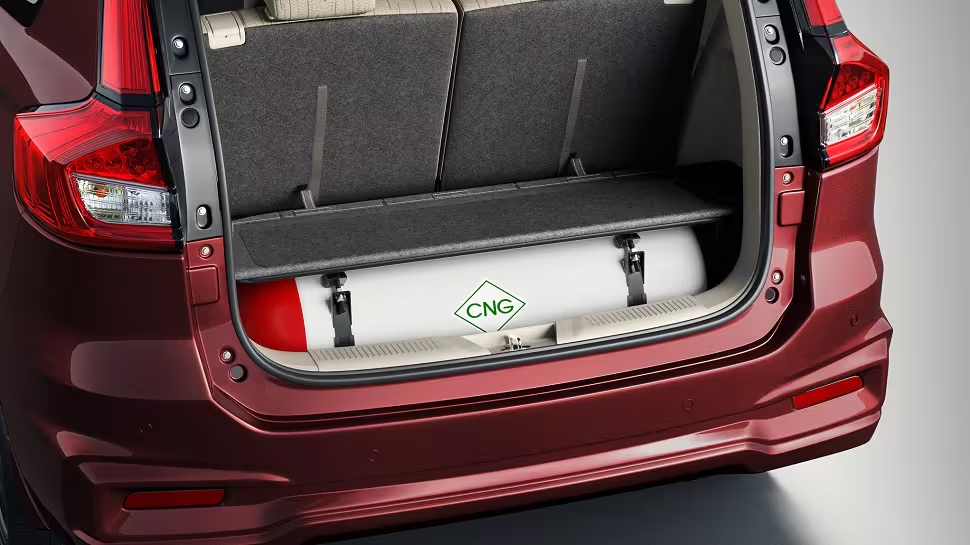Fuel pumps in Delhi will refuse and report EoL vehicles, But CNG car ban fully exempt from the crackdown
Delhi’s ongoing campaign to reduce air pollution is set to take a stricter turn starting July 1, 2025. In a major push to enforce vehicle age limits, the Delhi government will begin seizing old diesel and petrol cars that no longer meet registration criteria, except CNG car ban.
Under the latest policy framework, petrol vehicles that are more than 15 years old and diesel vehicles older than 10 years will be denied fuel at petrol pumps. More importantly, such vehicles will also be impounded on the spot if found operating in public spaces. However, CNG vehicles have been officially excluded from this enforcement drive, bringing clarity and relief to a large number of city commuters and public transport operators.
This development follows the Standard Operating Procedure (SOP) recently issued by the Commission for Air Quality Management (CAQM), which outlines the detailed steps for enforcement. As per the SOP, fuel stations across Delhi have installed Automatic Number Plate Recognition (ANPR) cameras.
These systems are connected to the VAHAN database and will automatically flag any vehicle that falls under the “end-of-life” (EOL) category. Once identified, the pump is required to deny fuel, generate an alert, and report the case to enforcement authorities who are authorized to seize the vehicle.
What sets this order apart is the exemption of CNG car ban, which are considered cleaner and less harmful to the environment. This decision appears to be rooted in the government’s desire to strike a balance between reducing pollution and maintaining continuity in public mobility. With over 6.2 million EOL vehicles registered in Delhi—many of which run on petrol or diesel—the city is preparing for a significant cleanup of its vehicular emissions profile.
For those affected, the implications are serious. Once a vehicle crosses its permissible age, continuing to drive it can lead to immediate seizure, deregistration, and fines under Section 192 of the Motor Vehicles Act. Vehicle owners have the option to scrap the vehicle at an authorised scrapping facility, apply for a No Objection Certificate (NOC) to transfer the vehicle to another state, or surrender it voluntarily before enforcement begins.
The move to have old diesel and petrol cars Delhi seized is not sudden but builds on a foundation laid by the National Green Tribunal (NGT) and the Supreme Court, both of which had earlier directed Delhi to tighten regulations on high-emission vehicles. With winter pollution levels in Delhi reaching dangerous levels year after year, the government has now chosen to act firmly by integrating technology, legal enforcement, and pollution data into a decisive strategy.
This policy has already sparked mixed reactions. While environmentalists and public health advocates have praised it for its aggressive stance on pollution, others, especially car owners with well-maintained older vehicles, have criticized the age-based rule as arbitrary. Several experts have pointed out that emissions should be judged based on actual vehicle fitness rather than age alone.
Still, as July 1 approaches, it is clear that the Delhi government is standing firm. The phrase old diesel and petrol cars Delhi seized is no longer just a guideline, it is the core of a sweeping campaign that aims to transform how India’s capital deals with its long-standing vehicular pollution crisis.
Whether this crackdown leads to measurable improvement in air quality remains to be seen, but its enforcement will certainly reshape the roadscape of Delhi in the weeks to come.






